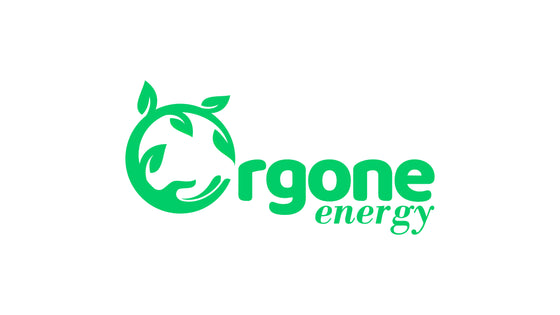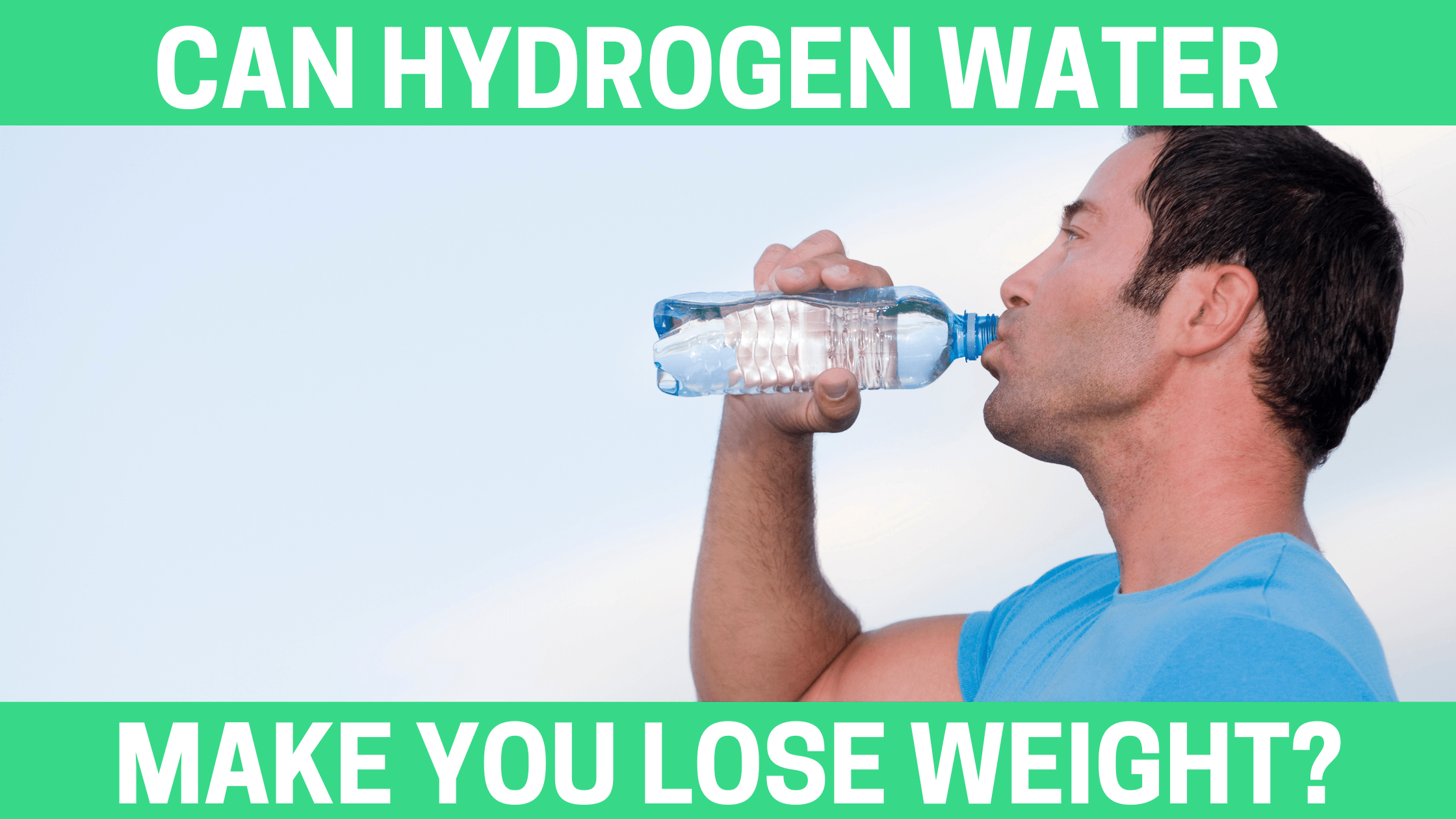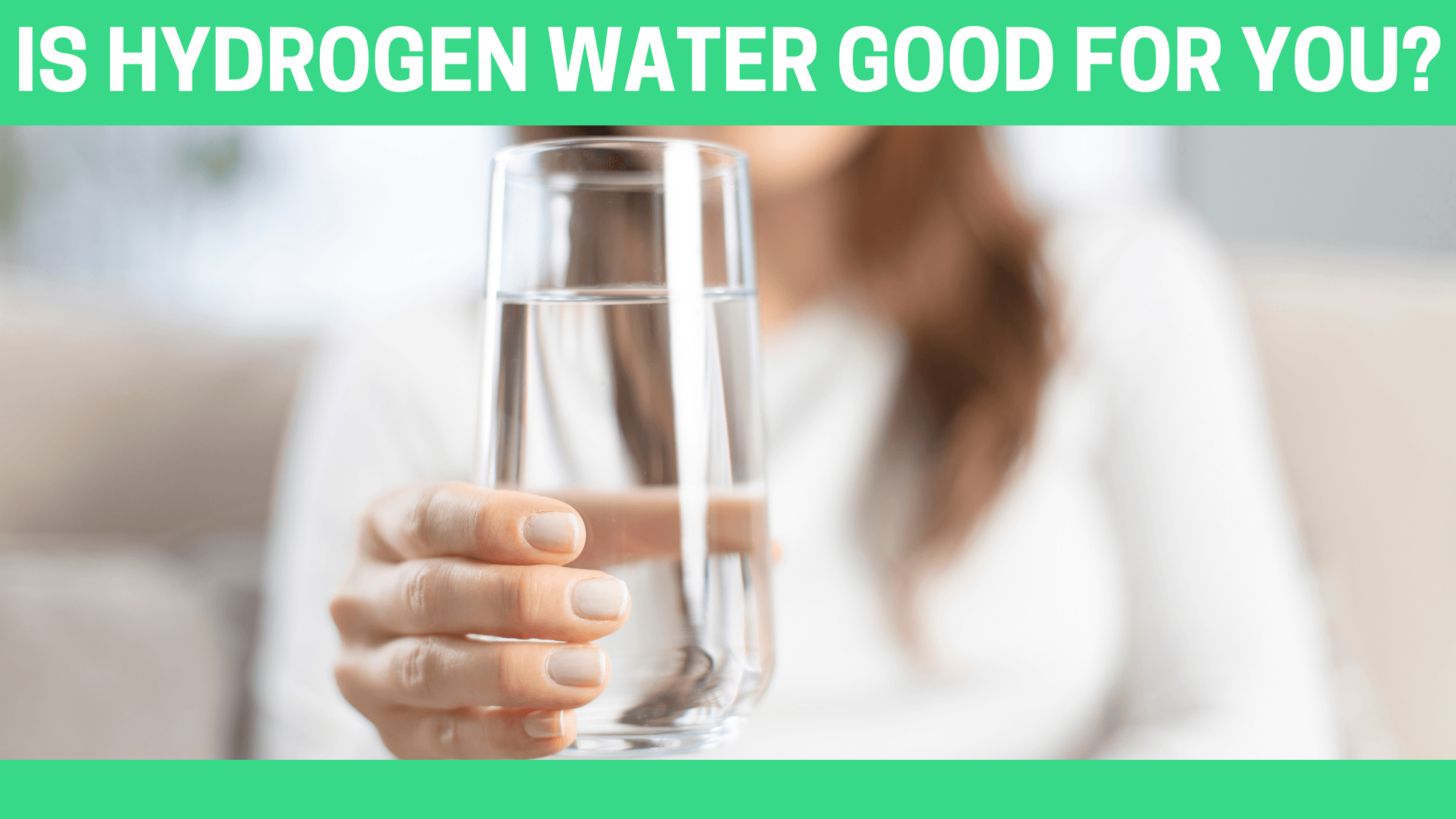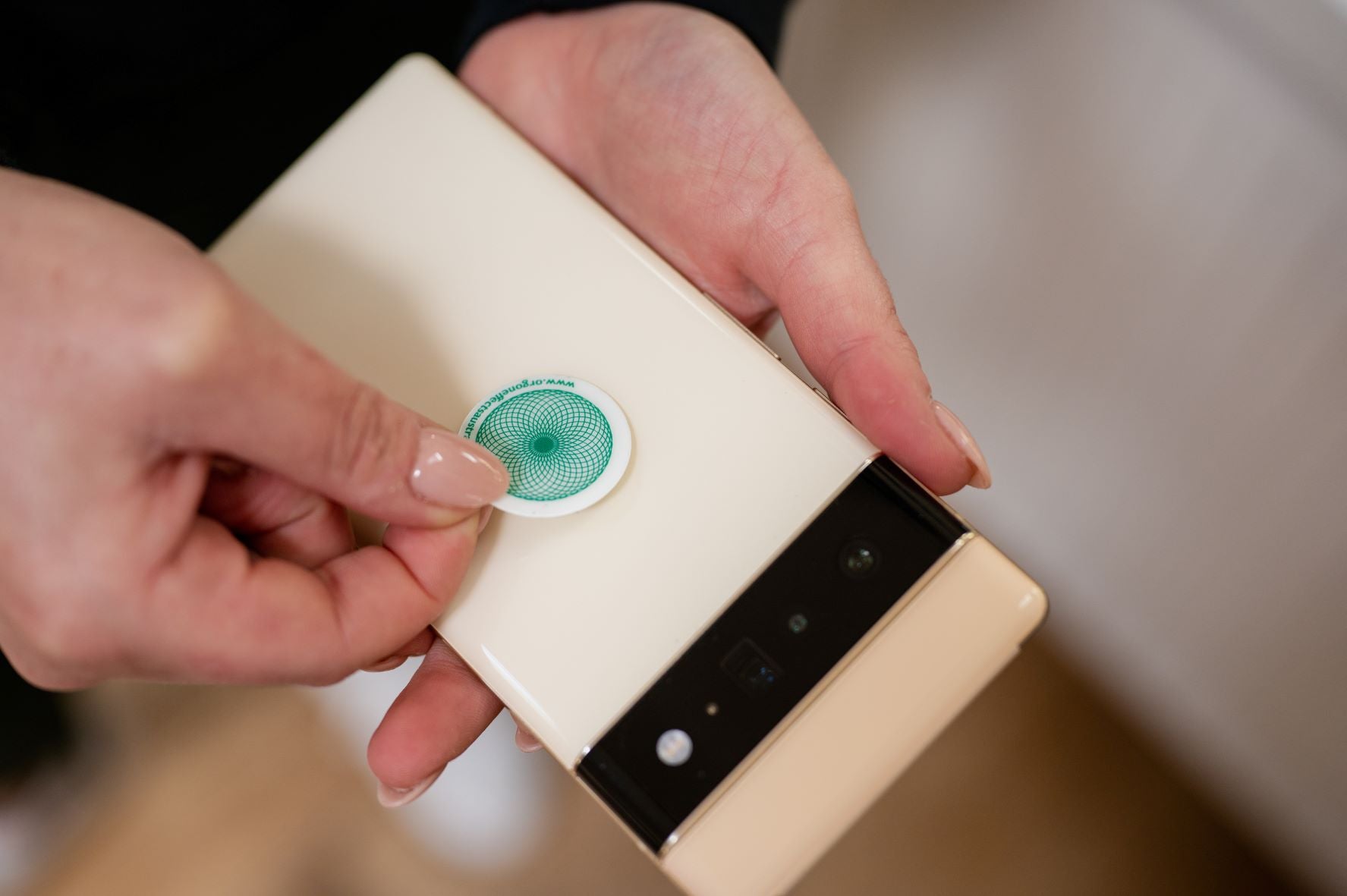Hydrogen water has been hailed as the new health craze. Is there a connection between hydrogen water and diabetes?
Chances are, you are someone with diabetes or know someone with diabetes. In 2021, the International Diabetes Foundation estimated that 1 in 10 or 537 million adults (20-79 years) are living with diabetes. Unfortunately, this number is predicted to rise to 643 million by 2030 and 783 million by 2045.
What is Diabetes?

Diabetes is a disease that occurs when a hormone produced by your pancreas called insulin is either not used properly by the body or not produced by the pancreas.
This can have a huge impact on the body. The role of insulin in the body is to regulate the glucose (sugar) in the blood to ensure your body functions properly.
If this remains unregulated, additional sugar in the blood can cause damage to nerves, blood vessels and organs.
A lack of insulin also affects the body as insulin is required for the body to use sugar for energy.
Diabetes and its Impact on Glucose Metabolism

Diabetes has a significant impact on glucose metabolism, which is the process in which sugar is processed and used to produce energy in the body. Diabetes can lead to an imbalance in blood sugar levels.
Lipid metabolism is also affected, which is the process in which sugar is broken down by the body and used for energy.
Diabetic individuals often experience higher levels of emLDL and sdLDL(types of cholesterol), which are associated with increased cardiovascular risk.
When individuals with diabetes consume hydrogen-rich water (HRW), there is a noticeable impact on glucose and lipid metabolism.
Research has shown a decrease in fasting glucose levels after consumption of HRW, indicating improved glucose regulation.
Additionally, the HRW group has shown decreased levels of emLDL and sdLDL, suggesting a reduction in cardiovascular risk.
There is also a tendency for HRW to decrease oxLDL levels (a buildup on artery walls from eating foods high in trans fats), further improving lipid metabolism.
Comparing the effects to the placebo group, the differences are significant.
The HRW group shows improvements in fasting glucose levels and lipid parameters, while the placebo group does not exhibit the same positive changes.
Overall, the clinical parameters of both glucose and lipid metabolism show marked improvements after consumption of hydrogen-rich water in individuals with diabetes, highlighting the potential benefits of HRW in managing diabetes-related indicators.
Reactive Oxygen Species and Diabetes

Reactive oxygen species (ROS) have been implicated in the development and progression of various diseases, including diabetes.
ROS are highly reactive molecules which are generated as byproducts of normal cellular metabolism. Overproduction can lead to oxidative stress, causing damage to cellular components.
In the context of diabetes, ROS plays a significant role in the development of both type 1 and type 2 diabetes.
ROS contributes to impaired insulin secretion, insulin resistance, and the development of diabetic complications.
Understanding the mechanisms by which ROS contributes to the development of diabetes is crucial for developing new therapeutic strategies to target oxidative stress and alleviate the burden of the disease.
Role of Reactive Oxygen Species in the development of Diabetes
The role of reactive oxygen species (ROS) in the development of diabetes is significant.
ROS are highly reactive molecules that are produced in the body as byproducts of normal metabolism.
Excessive production of ROS can lead to oxidative stress, which is implicated in the development of type 2 diabetes.
This occurs when the body's antioxidant defense mechanisms are overwhelmed by the excessive production of ROS, leading to damage to cells, tissues, and organs.
Oxidative stress contributes to the development of type 2 diabetes by impairing insulin signaling and secretion, promoting inflammation, and causing dysfunction in various organs including the pancreas, liver, and muscle.
Furthermore, oxidative stress plays a crucial role in the development of diabetic complications such as nephropathy and macroangiopathy, through its damaging effects on the blood vessels and the kidneys.
Molecular hydrogen has been shown to inhibit oxidative stress and improve type 2 diabetes through various potential mechanisms, including its antioxidant properties and its ability to regulate inflammation.
Hydrogen water has an ambundance of molecular hydrogen.
Research has suggested that molecular hydrogen may help alleviate oxidative stress-related complications in diabetes by reducing ROS levels and protecting against cellular damage.
ROS and oxidative stress play a crucial role in the development of type 2 diabetes and its associated complications, and targeting these processes with molecular hydrogen shows promise in improving diabetes outcomes.
Hydrogen Water and Blood Glucose Level Regulation
Hydrogen water has become a popular topic in health and wellness discussions due to its potential benefits for a variety of health conditions.
One area of interest is its potential role in regulating blood glucose levels in the body.
Research has shown that hydrogen water may have a positive impact on blood glucose regulation, which could be beneficial for individuals with diabetes or those at risk for developing the condition.
Effects of Hydrogen Water on Blood Glucose Levels in Diabetic Patients

Hydrogen water consumption has shown promising effects on blood glucose levels in diabetic patients.
Research indicates that hydrogen water may help in improving insulin resistance, reducing blood glucose levels, and decreasing biomarkers of oxidative stress in diabetic patients.
A randomized, double-blind, placebo-controlled crossover trial studied the impact of hydrogen-rich water on glucose and lipid metabolism in diabetic patients.
The results showed a significant decrease in blood glucose levels and an improvement in insulin resistance in the group consuming hydrogen water compared to the placebo group.
Additionally, biomarkers of oxidative stress were also reduced in the hydrogen water group.
The Connection Between Oxidative Stress and Insulin Resistance

Oxidative stress and insulin resistance are closely linked to the development of type 2 diabetes.
Oxidative stress, caused by an imbalance between free radicals and antioxidants in the body, can lead to insulin resistance, where the cells become less responsive to insulin.
This can ultimately result in the inability of the body to regulate blood sugar levels effectively, leading to type 2 diabetes.
Molecular hydrogen has been shown to inhibit oxidative stress by acting as a potent antioxidant and reducing the levels of free radicals in the body.
Hydrogen water has an ambundance of molecular hydrogen.
This, in turn, can improve insulin sensitivity and reduce insulin resistance.
Studies have demonstrated that the consumption of molecular hydrogen-rich water can lead to a reduction in insulin resistance and improved glucose metabolism in patients with type 2 diabetes.
The relationship between oxidative stress and insulin resistance is significant in the development of type 2 diabetes.
Molecular hydrogen plays a crucial role in this process by inhibiting oxidative stress, thus improving insulin sensitivity and ultimately contributing to the management and improvement of type 2 diabetes.
Impact of Oxidative Stress on Glucose Metabolism

Oxidative stress can have a significant impact on glucose metabolism, which is often linked to the development and progression of type 2 diabetes.
When the body experiences oxidative stress, there is an imbalance between the production of reactive oxygen species (ROS) and the body's ability to detoxify these reactive molecules.
This can lead to damage in various cellular components, including those involved in glucose metabolism.
The relationship between oxidative stress and glucose metabolism is complex, but research suggests that oxidative stress can impair insulin signaling and lead to insulin resistance. This can result in elevated blood sugar levels.
Molecular hydrogen has been studied for its potential to inhibit oxidative stress and improve glucose metabolism.
Studies have shown that molecular hydrogen can act as an antioxidant, scavenging ROS and reducing oxidative stress in the body.
Research findings have indicated that molecular hydrogen may have a potential role in managing type 2 diabetes by addressing oxidative stress and its impact on glucose metabolism.
By inhibiting oxidative stress, molecular hydrogen may help improve insulin sensitivity and regulate blood sugar levels, offering a promising approach to managing type 2 diabetes.
These insights highlight the potential of molecular hydrogen as a therapeutic avenue for addressing the impact of oxidative stress on glucose metabolism in individuals with type 2 diabetes.
Benefits of Hydrogen Water in Reducing Reactive Oxygen Species Levels
Hydrogen water has been touted for its potential benefits in reducing reactive oxygen species (ROS) levels, which are known to cause oxidative stress in the body.
By increasing the body's antioxidant capacity, hydrogen water can help neutralize ROS and prevent cellular damage, leading to overall improved health.
Antioxidants play a crucial role in preventing oxidative stress by scavenging ROS and protecting cells from damage.
Since oxidative stress is linked to the development of various diseases, including cancer and heart disease, the use of hydrogen water as a source of antioxidants presents the potential to mitigate the risk of these conditions.
Studies have shown promising findings on the effects of hydrogen water in reducing oxidative stress in the liver, as well as in improving fatty liver.
By reducing ROS levels, hydrogen water may help protect liver health and prevent the progression of liver diseases.
Hydrogen Water as a Therapeutic Antioxidant

Hydrogen water has gained attention in recent years for its potential therapeutic benefits as a powerful antioxidant.
This specially formulated water contains dissolved molecular hydrogen, a potent antioxidant that can help neutralize harmful free radicals in the body.
With its ability to easily penetrate cell membranes and protect against oxidative stress, hydrogen water is being studied for its potential to support overall health and well-being.
As a therapeutic antioxidant, hydrogen water shows promise in various areas, including skin health, brain function, and immune system support.
Research on the benefits of hydrogen water is ongoing, but early studies suggest that it may have the potential to be a valuable addition to a healthy lifestyle.
Previous Studies on the Effects of Hydrogen Water on Oxidative Stress

Previous studies have investigated the effects of hydrogen water on oxidative stress in the liver, specifically looking at its impact on malondialdehyde levels which is the level is commonly known as a marker of oxidative stress.
They also looked at fatty liver improvement in mice models of obesity and type 2 diabetes.
These studies have demonstrated that the administration of hydrogen water can effectively reduce oxidative stress markers in the liver.
Additionally, hydrogen water has been shown to alleviate fatty liver in mouse models of obesity and type 2 diabetes.
Mechanisms of Action For Hydrogen Water as an Antioxidant

Hydrogen water acts as an antioxidant by exerting its effects through multiple mechanisms.
Its antioxidant properties are primarily attributed to its ability to selectively scavenge harmful reactive oxygen species (ROS), which are known to contribute to oxidative stress in the body.
This scavenging action helps reduce oxidative stress in the liver, thus improving fatty liver condition and preventing further damage to liver cells.
Additionally, the consumption of hydrogen water has been shown to suppress body weight gain by regulating lipid metabolism and reducing inflammation.
Studies have demonstrated that hydrogen water consumption can reduce plasma glucose levels and improve insulin sensitivity, which is significant in the context of obesity and type 2 diabetes.
Hydrogen water lowers triglyceride levels, contributing to managing obesity and related metabolic disorders.





